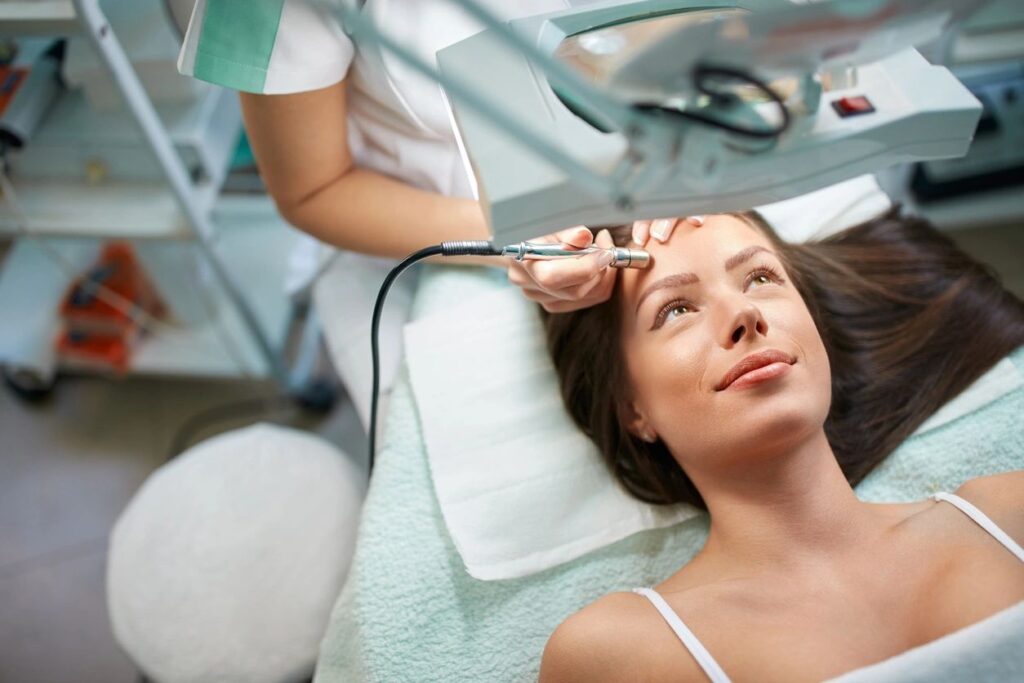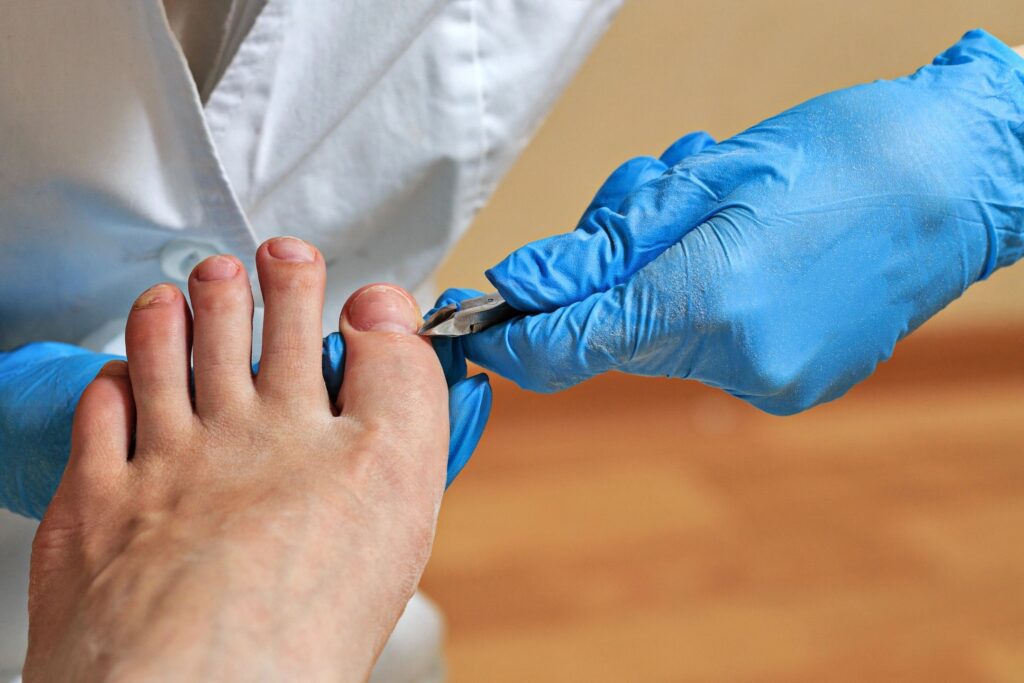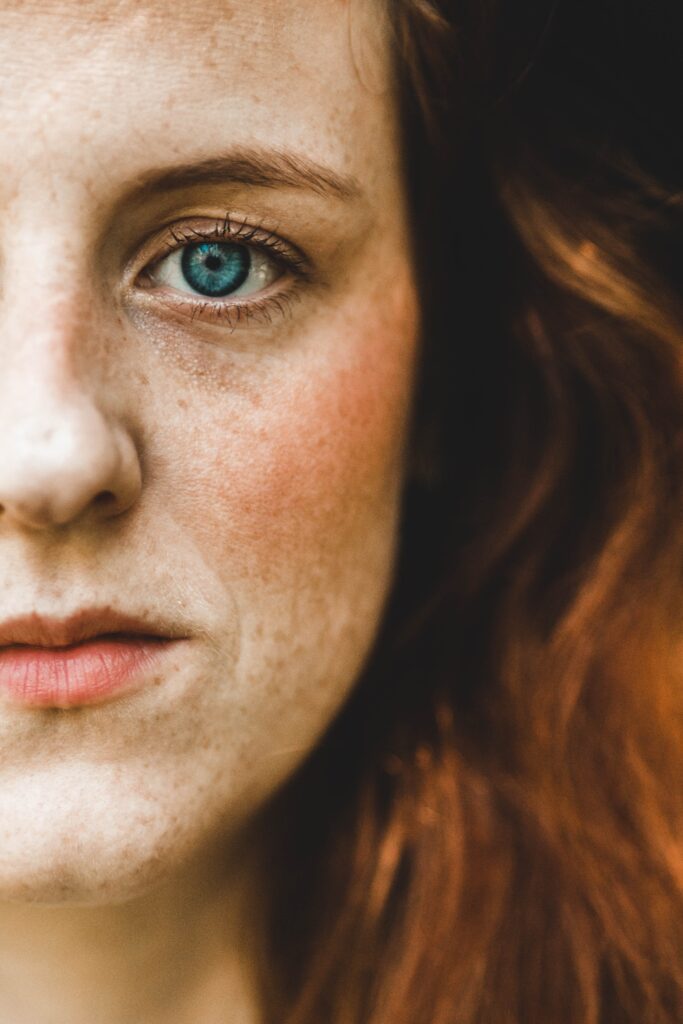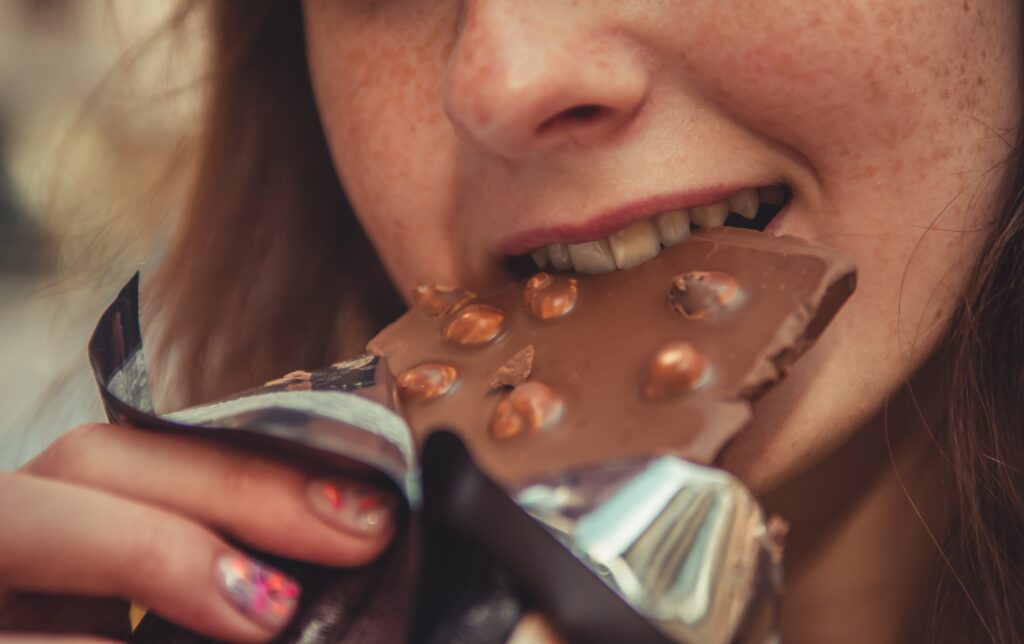PSORIASIS TREATMENTS WORK IN 20%
By Robert S. Bader, M.D., Dermatologist |
Treatments Only Effective For 20% Of Psoriasis Patients. AFP-Relaxnews (2/3) reported findings in a study published online in the Journal of Dermatological Treatment, psoriasis “treatments are only effective for 20%” after 3 months of treatment. The study authors “suggest that patients with moderate to severe psoriasis using conventional systemic treatments should consider biologics,” while “patients already…
ANTIBIOTICS & RISK OF ECZEMA
By Robert S. Bader, M.D., Dermatologist |
So often now, I see antibiotics given inappropriately. Most frequently, patients with an upper respiratory viral infection are given oral antibiotics, which have no benefit on treating viral infections. Why? One can theorize that the doctor does so to substantiate the patient coming to see him/her, the doctor is not completely sure and is covering…
SEA LICE: WHAT IS IT AND HOW TO TREAT
By Robert S. Bader, M.D., Dermatologist |
Sea lice, which are jellyfish and sea anemone larvae, cause an itchy rash in ocean bathers in Florida and Alabama. The rash typically lasts for about two weeks and can be associated with a fever, chills, headaches, and nausea. Bathers are advised to minimize clothing while swimming, removing bathing suits after swimming before heading into…
HENNA TATTOOS: SEVERE REACTIONS MAY OCCUR
By Robert S. Bader, M.D., Dermatologist |
Most people think of Henna tattoos as a harmless ink that is applied to the skin. That is not always the case. Some Henna dyes contain paraphenayline diamine (PPD), which is the dye used in permanent hair dyes. This ingredient can result in severe allergic reactions. In a case reported in BMJ Case, a 10-year old…
NEW RECOMMENDATIONS ON NEWBORN BATHING
By Robert S. Bader, M.D., Dermatologist |
Water alone or appropriate liquid cleansers can be used that will not impair skin maturation. After birth, the diaper area should be kept dry. It is appropriate to cleanse this area gently with cotton balls or squares with water or by using baby wipes. Moisturizers can be used to maintain skin barrier function. One may…
OBESITY AND TYPE II DIABETES LINKED TO PSORIASIS
By Robert S. Bader, M.D., Dermatologist |
In a study published in JAMA, persons with Type II diabetes or obesity were at significantly increased risk of developing psoriasis. Obesity is a significant risk factor for type II diabetes as well. Therefore, eating a good healthy diet that is low in saturated fats and simple carbohydrates, exercising regularly, and maintaining an ideal weight…
CHOCOLATE MAY MAKE ACNE WORSE
By Robert S. Bader, M.D., Dermatologist |
A study published in the Journal of the American Academy of Dermatology evaluated 10 male patients ages 18 to 35. This study showed that the more cocoa ingested, the more the participants’ acne flared.
LOW-CALORIE DIET MAY LEAD TO IMPROVEMENT OF PSORIASIS
By Robert S. Bader, M.D., Dermatologist |
In a study published online in JAMA Dermatology, psoriasis patients who were put on a low-calorie diet had improvement of their quality of life and their psoriasis severity. These findings, although encouraging, were not statistically significant. For those suffering from psoriasis who can afford to lose a few lbs., here is another reason to get…








